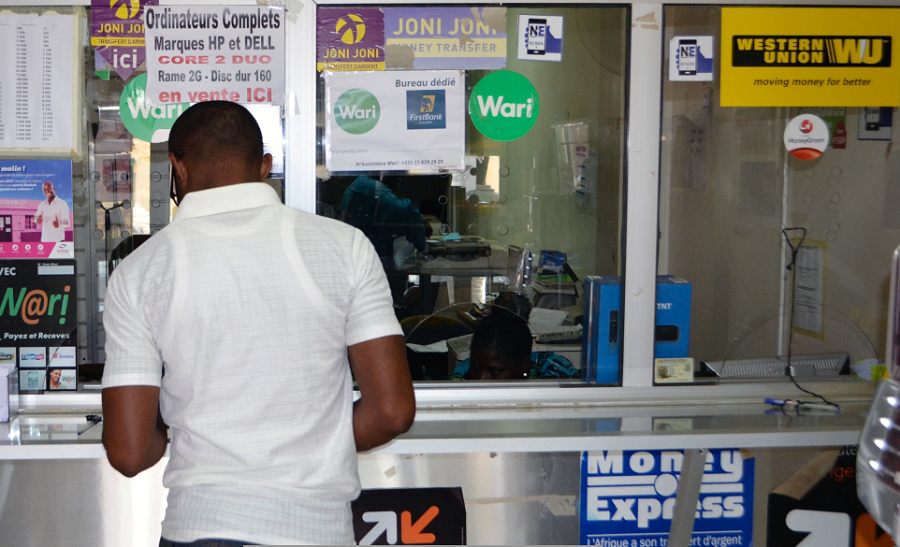The World Bank has disclosed that global remittances reached the sum of $540 billion in the year 2020, less than the 2019 figure of $548 billion, and added that remittances to Nigeria declined by 27.7% in the same period.
The World Bank disclosed this in its Migration and Development Brief released on Wednesday.
What the World Bank is saying about global remittance
“The decline in recorded remittance flows in 2020 was smaller than the one during the 2009 global financial crisis at 4.8%.
It was also far lower than the fall in Foreign Direct Investment (FDI) flows to low- and middle-income countries, which, excluding flows to China, fell by over 30 per cent in 2020.
As a result, remittance flows to low-and middle-income countries surpassed the sum of FDI of 259 billion dollars and overseas development assistance of 179 billion dollars in 2020,” they said.
World Bank added that Nigeria accounted for 40% of total remittances to Sub-Saharan Africa and experienced a 27.7% decline in remittance, resulting in a 12.5% decline in the region and accounting for $42 billion. However, excluding Nigeria, remittance was up 2.3%.
READ: Remittance flows to LMICs to decline by over 14% in 2021 – KNOMAD report
The multilateral bank forecasted that with the economic recovery of 2021-2022, remittance to low and middle-income countries would increase by 2.6% to $553 billion in 2021 and 2.2% to $565 billion by 2022.
“Given its growing significance as a source of external financing for low- and middle-income countries, there is a need for better collection of data on remittances, in terms of frequency, timely reporting and granularity by corridor and channel,” they urged.
READ: Remittance flows to sub-Saharan Africa to dip to $41 billion in 2021- Report
What you should know
Nairametrics reported in March 2020 that the disparity with the black market rates had widened, as remittances plummeted by as much of 61% from $2.8 billion Q3 YTD in 2019 to $1.09 billion for the same period in 2020.
This was attributed to the effects of Covid-19 in the US, Canada, and the UK, where a lot of Nigerians lived, and the disparity between the parallel market and the official exchange rates.













